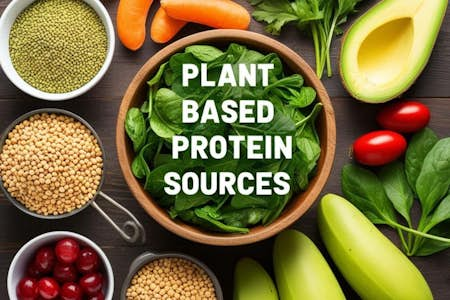Let’s take a moment to appreciate something kind of incredible: Ayurveda—this centuries-old system of healing from India—is having a bit of a modern-day revival. But this isn’t just about herbs and chants anymore. We're talking high-tech, lab-coated science stepping into the same room as ancient scrolls and age-old practices. And surprisingly? They’re actually getting along.
When the Past Meets the Future
For over 5,000 years, Ayurveda has been all about balance—mind, body, and spirit working in harmony. It's not just a treatment method; it's a whole lifestyle. But in today’s world, where microscopes and DNA mapping rule the game, people are starting to ask: can this ancient system hold up under the sharp light of modern science?
Turns out, it can. In fact, it might thrive there.
1. Personal Healing Meets Personal Genomics
Ayurveda has always said that no two people are the same. What works for one person might not work for another. Sound familiar? That’s pretty much the core of personalized medicine and genomics.
Prakriti and DNA: Scientists are now exploring how your Ayurvedic “prakriti” (your personal mind-body type) might connect with your genetic code. Think of it as mapping ancient wisdom onto modern biology.
Smarter Herb Matches: By understanding how your body processes different substances based on your genes, researchers can fine-tune Ayurvedic treatments. That means fewer side effects, better results.
2. Molecules, Metabolism, and Magic (Well, Science)
Ever wonder how a certain herb works? Thanks to fields like proteomics and metabolomics, researchers are finally getting answers. No guesswork—just data.
Tracking Biomarkers: These tools help pinpoint exactly what’s changing in the body during treatment. That’s a big deal for proving Ayurveda works, not just saying it does.
Metabolic Shifts: Scientists are seeing how Ayurvedic remedies can spark real, measurable changes in your system—from energy levels to immune response.
3. Ayurvedic Remedies Go Nano
Here’s a twist: centuries-old plant-based treatments are being turned into cutting-edge nanomedicines.
Smaller, Stronger: Turning herbs into nanoparticles can make them more potent and easier for your body to absorb. You might need less of a remedy to get more of the benefits.
Smart Delivery: Some research is even focusing on targeted delivery—basically, sending Ayurvedic compounds straight to where they’re needed most.
4. Letting AI Dig Into Ancient Texts
Ayurveda’s rich, detailed knowledge has been tucked away in ancient manuscripts for generations. But now, technology is cracking those open like never before.
AI Treasure Hunts: Algorithms are combing through massive databases of traditional remedies and identifying useful patterns we’ve overlooked.
Predicting What Works: Machine learning is helping doctors predict which Ayurvedic treatments might be most effective for certain people or conditions—like building a treatment plan backed by both old wisdom and new data.
Big Ideas Come with Big Questions
Of course, merging ancient healing with biotech isn’t just sunshine and scientific breakthroughs. There are some real hurdles here.
Keeping It Consistent: Standardizing natural ingredients for scientific use is tricky—plants vary, preparations differ, and nature doesn’t always stick to the script.
Who Owns the Knowledge?: There’s also a tough conversation happening around intellectual property—how do you protect traditional knowledge without erasing the communities it came from?
Respecting the Roots: Ayurveda is a deeply spiritual and cultural practice. We’ve got to be careful not to turn it into just another clinical trend.
Whole vs. Parts: Western medicine loves breaking things down into parts, but Ayurveda is all about the whole picture. Finding a middle ground is a work in progress.
So, What’s Next?
We’re heading into a fascinating future—one where your wellness routine might include DNA tests and daily turmeric. As research grows and regulations catch up, we could soon see:
Clinical trials that don’t just prove Ayurveda works—they explain why
New formulations that blend ancient herbs with precision science
Ayurvedic principles showing up in regular hospitals and clinics
A deeper, more scientific understanding of the mind-body connection
A Final Thought
Imagine a world where your doctor asks not just about your symptoms but about your dosha. Where treatments are tailored not just to your illness but to your essence. That’s not a fantasy—it’s where we’re headed.
Ayurveda’s not just surviving in the biotech era. It’s evolving. And in doing so, it might just change how we all think about health, healing, and the wisdom we carry from the past.








